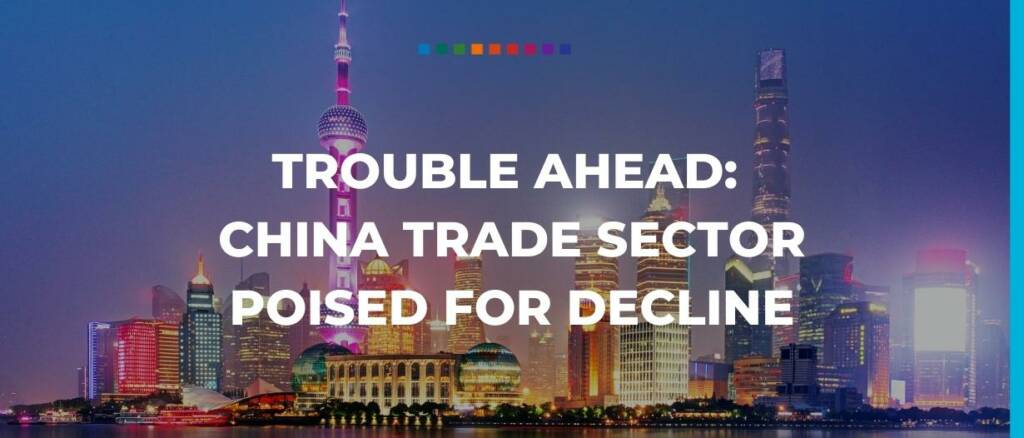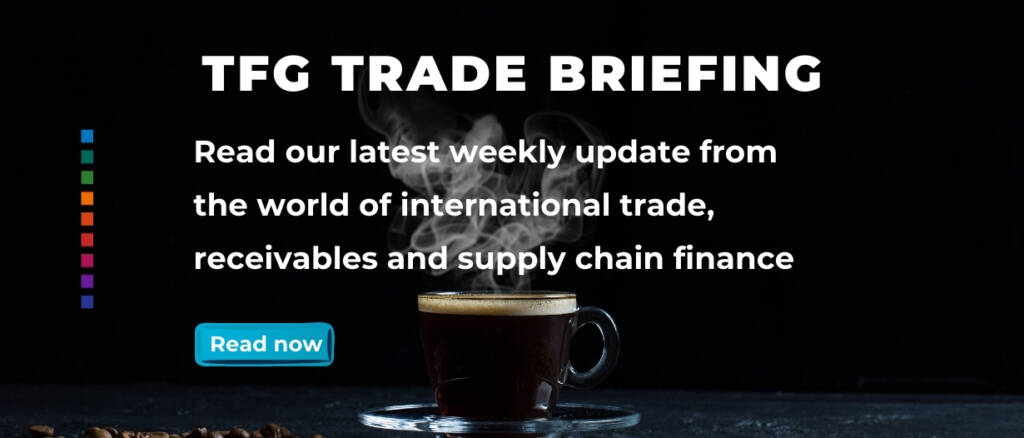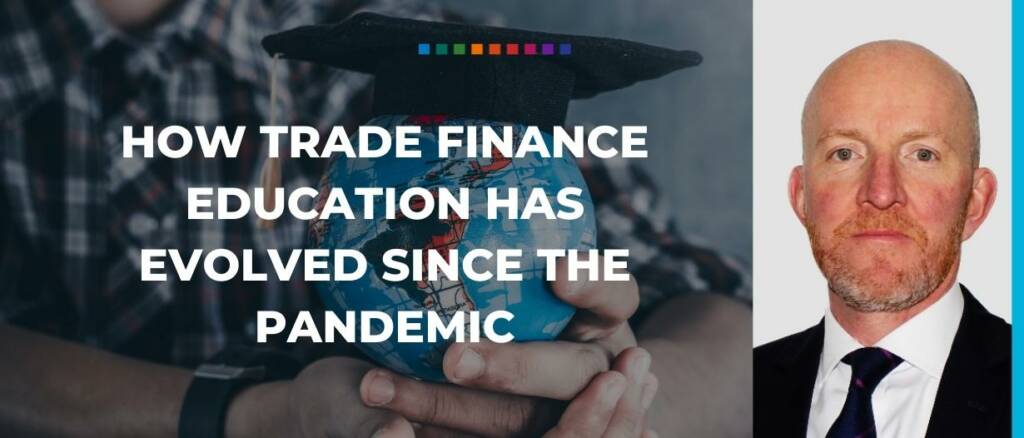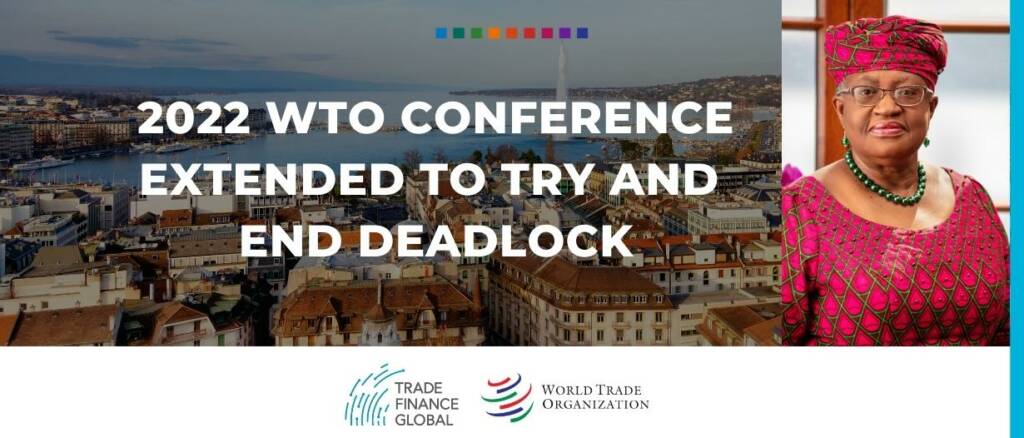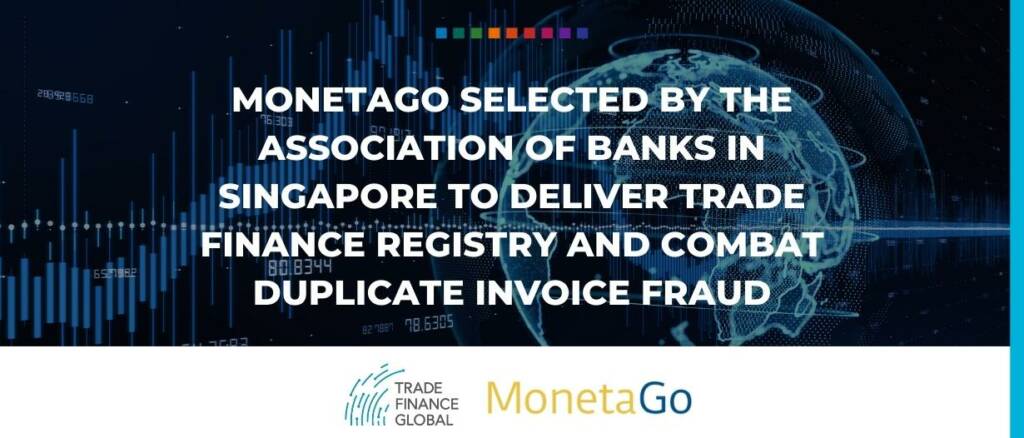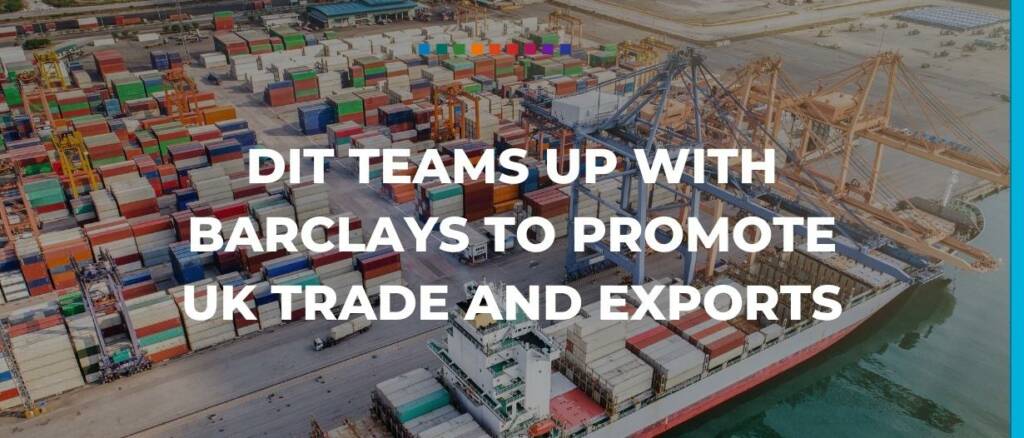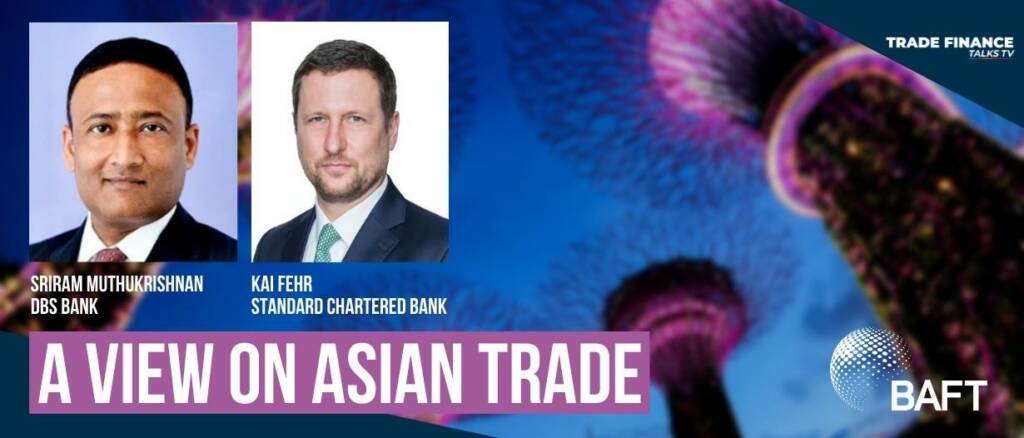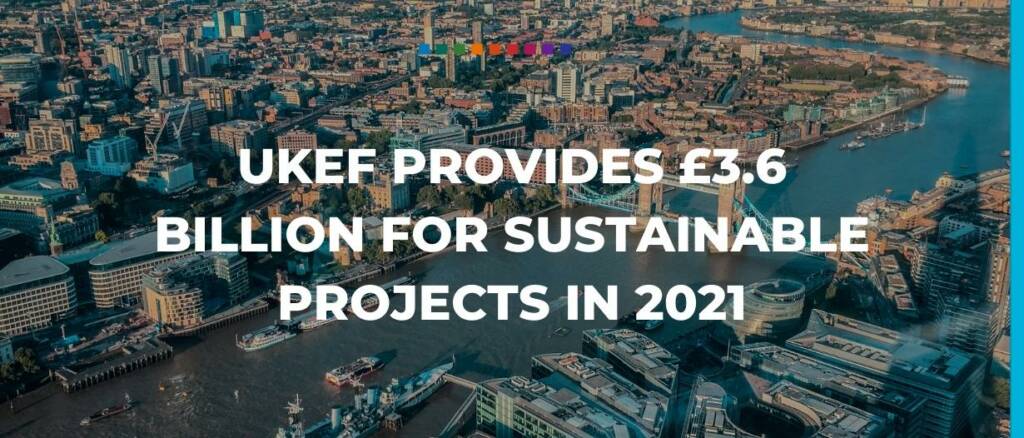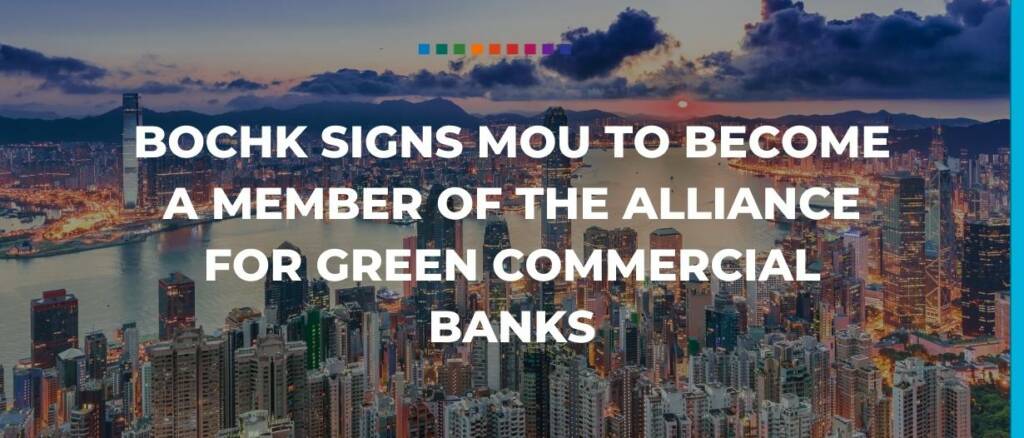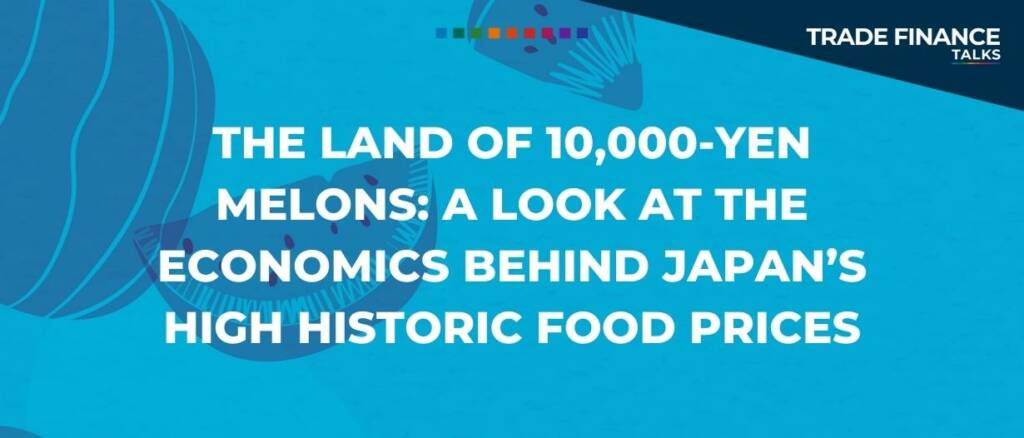Just as China’s trade sector recovers from a fresh wave of COVID-19 lockdowns, the world’s largest exporter now faces a slimmer order book amidst weakening global sentiment and increased belt-tightening measures linked to inflation.
Your Monday morning coffee briefing from TFG:
2022 WTO conference extended to try and end deadlock
LIBF’s Alex Gray discusses how trade finance education has evolved since the pandemic.
The WTO Director-General has extended the WTO Ministerial Conference by a day in a bid to secure some form of agreement around trade deals. With a potential food security crisis looming for developed countries, can an eleventh hour agreement be reached?
Financial technology solutions provider MonetaGo has been selected by the Association of Banks in Singapore (ABS) to deliver the Trade Finance Registry (TFR), an interoperable industry utility that bridges information silos between banks to combat duplicate financing fraud.
The UK’s Department of International Trade has announced a five-year partnership with Barclays bank to ‘broaden, deepen and sharpen’ efforts to promote trade with UK plc. What could this mean… read more →
At the BAFT global annual meeting in May, TFG sat down with heads of trade to discuss the current state of trade in Asia.
Backing helps UK businesses to support the construction of hospitals, electric railways, and offshore wind projects across the globe. UK Export Finance (UKEF) awarded over £3.6 billion to clean energy,… read more →
Bank of China (Hong Kong) (BOCHK) today signed a memorandum of understanding (MoU) to become a member of the Alliance for Green Commercial Banks (the Alliance). The Asia chapter of… read more →
Why exactly have the prices of food historically been higher in Japan? TFG’s Carter Hoffman investigates…















